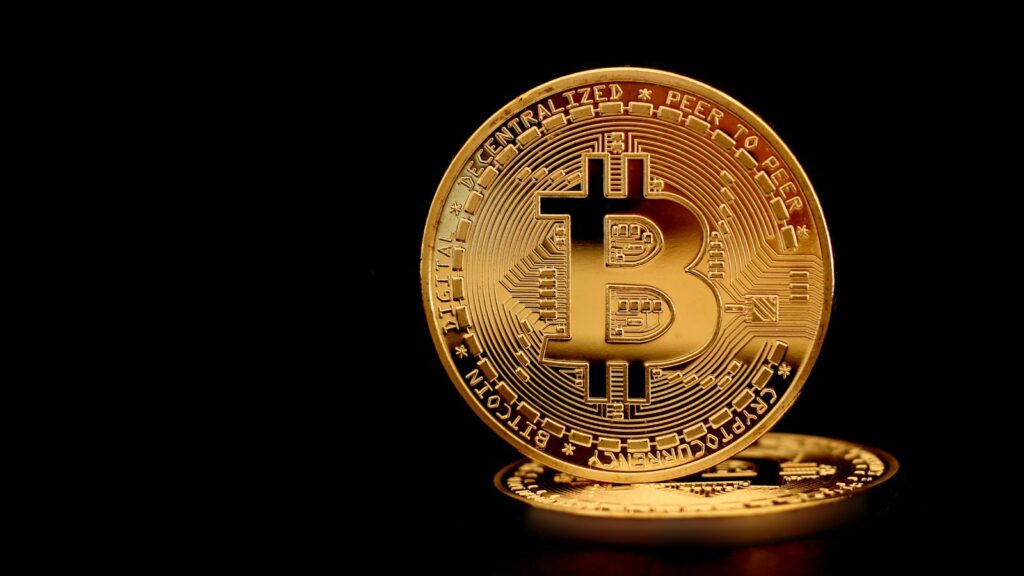The growth of cryptocurrency has been nothing short of remarkable. From its relatively small-scale origin with Bitcoin over a decade ago, the crypto landscape has expanded exponentially, with thousands of cryptocurrencies now in circulation and a market capitalization surpassing trillions of dollars.
While it has undoubtedly gained plenty of mainstream traction and integration, with decentralised finance becoming even more appealing in the past few years — particularly among the global unbanked — the industry still has some way to go until it reaches full scale mainstream adoption. Could the gaming industry provide the solution?
A Natural Partnership
Gaming and the cryptocurrency and blockchain market are, in many ways, a natural partnership. The global gaming industry, for example, has undergone some pretty explosive growth in recent years, with unprecedented tech advancements and increased accessibility giving rise to a diverse range of gaming experiences. From casual mobile games to immersive VR-based role-playing titles, gaming has become an integral part of modern culture and appeals to a substantial cross-section of society.
Key genres within the gaming industry include action and adventure, RPGs — which has, in turn, spawned several sub-genres including massively multiplayer online role playing games and even the rogue-like genre — first person shooters (FPS), strategy games and sports simulations. Each genre caters to different preferences and demographics, while major innovations like augmented reality and virtual reality offer players new ways to interact with digital worlds across the spectrum of genres.

Another sector of the gaming industry that has gained significant traction in recent years is real money gaming, where players can wager actual currency in games like online poker. In fact, online poker has seen a surge in popularity, with revolutionary formats like Spin & Go making it as appealing to traditional video game players as poker pros. Moreover, real money digital games have paved the way for the integration of blockchain tech and decentralized currencies, leading to the emergence of GameFi – a fusion of gaming and decentralised finance (DeFi).
The Rise and Impact of the Crypto Gaming Trend
The use cases of cryptocurrencies and, in particular, blockchain technology are varied and run the gamut from smart contracts to digital entertainment. So, what is it about gaming that not only extends the application of crypto but also makes the sector as a whole more interesting and appealing to a wider global audience? It’s no accident, for instance, that the interest in crypto-based trading has also increased since GameFi started making headlines in the late 2010s.
Essentially, the amalgamation of crypto with gaming has introduced genuine digital asset ownership opportunities for players, as well as financial incentives with real world value. By leveraging blockchain technology, GameFi titles can actively reward players for the time they spend playing games, either in the form of digital assets like non-fungible tokens, or in the game’s native cryptocurrency.
This shift has also opened up new avenues in blockchain digital marketing, where advertisers and brands can engage directly with players in decentralized ecosystems. Instead of traditional ad formats, companies can offer token-based rewards or NFTs, creating a more immersive and value-driven experience. By using blockchain’s transparency and security, marketers can build trust with their audiences, while players benefit from meaningful, personalized interactions that transcend typical gaming environments.
As with many games that follow the pay-to-play model, in which users purchase in-game assets via microtransactions, GameFi titles also offer players the opportunity to make additional purchases. However, there are several crucial differences: anything a player earns or purchases in a crypto gaming project has real-world value outside the game’s digital ecosystem and full ownership traders to the player. This means that gamers can then trade or sell their digital assets, be that an NFT or a gaming coin like FLOKI, and then purchase other cryptos or even convert their earnings into fiat currencies. For instance, they can easily exchange their ETH to USD, providing them with direct access to traditional financial systems.

The financial reward aspect of crypto gaming, of course, makes it appealing, but gaming is also playing a key role in fostering awareness and education around decentralised currencies. Players aren’t only engaging with tokens and crypto assets within the gaming environment, but they’re also learning about key blockchain principles such as decentralisation, tokenomics, and smart contracts.
In this sense, the gaming industry acts as a gateway for the more mainstream audiences to get a thorough grasp of how cryptocurrencies work. This can then lead to increased investments in emerging and start-up projects, as consumers will be more savvy in what constitutes a potentially successful venture, and inductions into sustainable industry processes like staking and mining.

